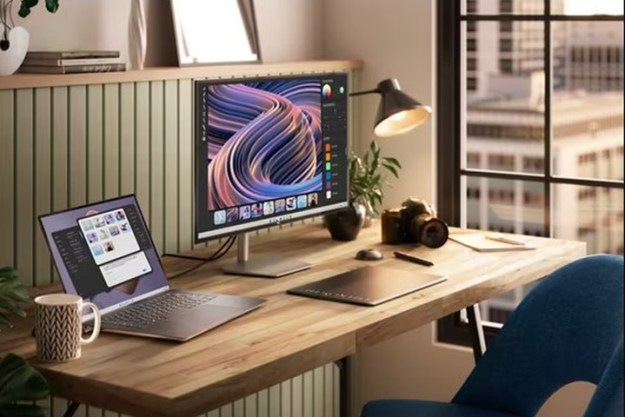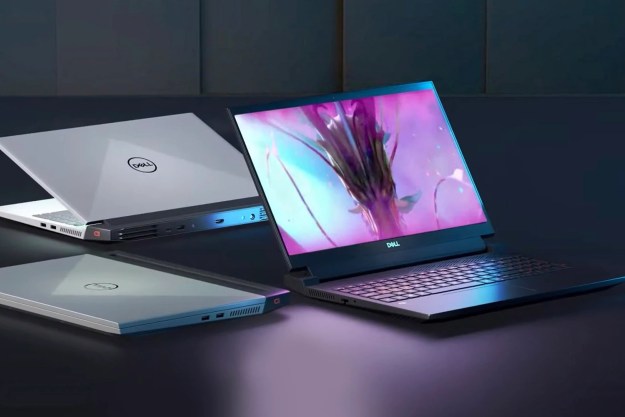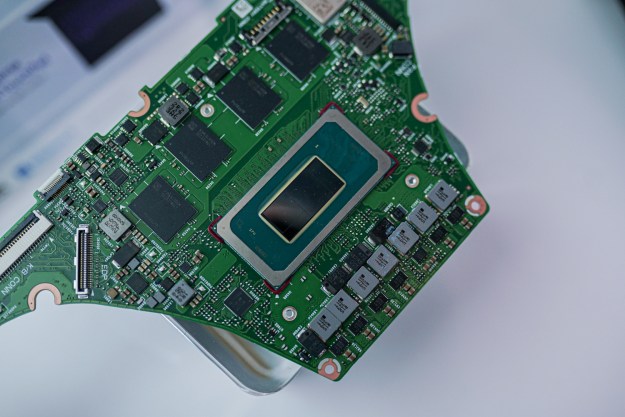According to a new report (PDF) from DNS and online security service provider OpenDNS, social networking site Facebook was the most-blocked site during 2010. In this context, blocking means that OpenDNS customers specifically configured their DNS and security services to prevent their users from connecting, presumably out of security concerns, to prevent people from wasting time at work, or using company or organizational resources inappropriately. However, Facebook ranked highly on another list: it was the second most commonly whitelisted site, meaning sites that were specifically granted exemptions from other security or blocking rules.

“Overall, 2010 was all about social, and this trend is reflected in the data we’re seeing,” said OpenDNS founder and CEO David Ulevitch, in a statement. “Facebook is both one of the most blocked and the most allowed Web sites, reflecting the push/pull of allowing social sites in schools and the workplace.”
OpenDNS found the top five most commonly blacklisted sites for 2010 were Facebook, MySpace, YouTube, Doubleclick (an advertising network now owned by Google), and Twitter. Other commonly-blocked sites included other ad networks and adult-oriented sites. However, the top five whitelisted sites included a few of the same times—YouTube and Facebook, followed by Gmail, Google, and Google’s translation service.
Overall, Facebook was blocked by 14.2 percent of networks using OpenDNS, and specifically whitelisted by 12.7 percent. However, amongst OpenDNS’s business users the proportions changed: a full 23 percent blocked Facebook.
OpenDNS also broke down Web content filtering into broad categories, finding that during 2010 Web sites classified as pornographic were blocked by 85 percent of users, followed by sites with “sexuality” (80.1 percent) and “tasteless” content (77.3 percent). Proxies and anonymizing sites were also blocked by 76.2 percent of users, meaning the organizations are attempting to prevent their users from circumventing Web content filtering.
OpenDNS also found that the United States hosts more phishing sites than any other country—by a significant margin. According to OpenDNS, some 53.8 percent of phishing Web sites were on systems hosted in the United States, with Germany coming in a distant second with 6.3 percent.


